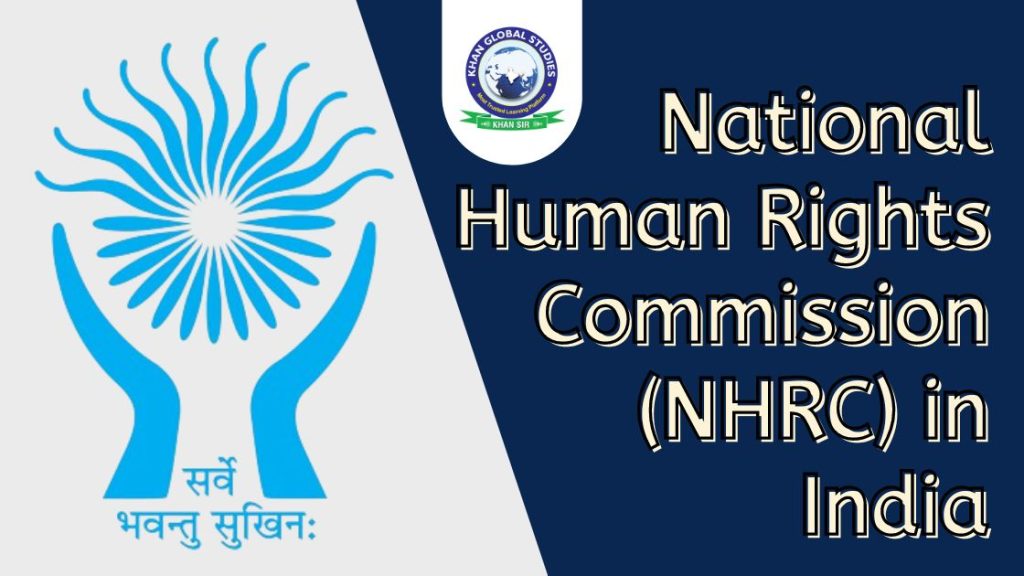
In an unexpected and concerning move, the Global Alliance of National Human Rights Institutions (GANHRI) deferred the accreditation of India’s National Human Rights Commission (NHRC) for the second consecutive year in May 2024. This decision has sparked significant debate and scrutiny both within India and on the international stage. GANHRI, a UN-linked body responsible for accrediting national human rights institutions based on their adherence to international human rights standards, currently has 120 members, with 88 countries enjoying “A” status accreditation and 32 countries holding “B” status. The NHRC India, which has held “A” status since the inception of the accreditation process in 1999, now finds itself at a critical juncture.
Several factors contributed to GANHRI’s decision to defer the NHRC India’s accreditation. One of the primary concerns was the lack of transparency in the appointment process of NHRC members. Critics have long pointed out that the appointment of members often appears influenced by political considerations rather than merit or expertise in human rights. This issue is compounded by the appointment of police officers to oversee human rights investigations, which raises serious questions about conflicts of interest and the impartiality of investigations. Furthermore, the NHRC’s leadership lacks gender and minority representation, which undermines its credibility and ability to address a diverse range of human rights issues effectively.
The GANHRI’s international peer review report highlighted these concerns, emphasizing the lack of independence from government interference. This lack of independence is particularly problematic given the NHRC’s mandate to investigate human rights violations impartially. The involvement of police officers in the investigative process has been criticized as it compromises the NHRC’s ability to act as an unbiased watchdog. This issue was underscored by the GANHRI report, which cited “conflict of interest” as a significant problem, noting that the involvement of police officers in human rights investigations violates principles of independence and impartiality.
Another major criticism from GANHRI was the lack of pluralism within the NHRC’s composition. The current NHRC leadership includes only one woman, and there is no representation from India’s largest minority religions. This lack of diversity is seen as a significant flaw, as it fails to reflect the demographic makeup of the country and hinders the NHRC’s ability to address issues pertinent to various communities. The absence of diverse perspectives within the NHRC leadership can lead to a narrow approach to human rights, which does not adequately represent the concerns of all citizens.
The deferral of the NHRC India’s accreditation has significant implications for India’s human rights record. It could affect India’s standing in international forums, including its ability to vote at the Human Rights Council and certain UN General Assembly bodies. This potential loss of influence in global human rights discourse is a concerning prospect for a country that prides itself on being the world’s largest democracy.
In response to the deferral, the NHRC India has stated its commitment to addressing the concerns raised by GANHRI. The Commission has announced plans to implement the recommendations made by GANHRI, aiming to improve its transparency, independence, and diversity. However, it remains to be seen whether these efforts will be sufficient to restore the NHRC’s “A” status accreditation. The GANHRI has indicated that the NHRC India’s accreditation status will be reviewed again in September 2024 or May 2025, providing a timeline for the Commission to demonstrate its progress.
The international community has expressed concern over the deferral of the NHRC India’s accreditation. Human rights organizations and activists have called for India to take immediate action to address the issues highlighted by GANHRI. There is a growing consensus that the NHRC must undergo significant reforms to regain its credibility and effectiveness as a national human rights institution.
The NHRC India was established under the Protection of Human Rights Act, passed by Parliament in 1993, and has been accredited as an “A” status NHRI since 1999. This recent deferral marks the second time the NHRC India’s accreditation status has been deferred; the first instance occurred in 2016, but the status was restored in 2017. The current chairperson, Justice (retd.) Arun Mishra, whose tenure ends next month, will likely be succeeded by new appointees expected after the general elections in June 2024.
Looking forward, the NHRC India’s future course of action will depend heavily on the outcome of the upcoming review process. If the Commission can successfully address GANHRI’s concerns, it may regain its “A” status accreditation. However, failure to implement meaningful reforms could result in further deferrals or even the loss of accreditation, which would be a significant blow to India’s human rights infrastructure.
The NHRC India’s situation underscores the critical importance of transparency, independence, and diversity in national human rights institutions. As the world watches, the NHRC India’s efforts to reform and align with international standards will be crucial in determining its future role and credibility. The international community, along with human rights advocates, will continue to monitor the NHRC’s progress, hoping for substantial changes that will strengthen India’s commitment to upholding human rights for all its citizens.
